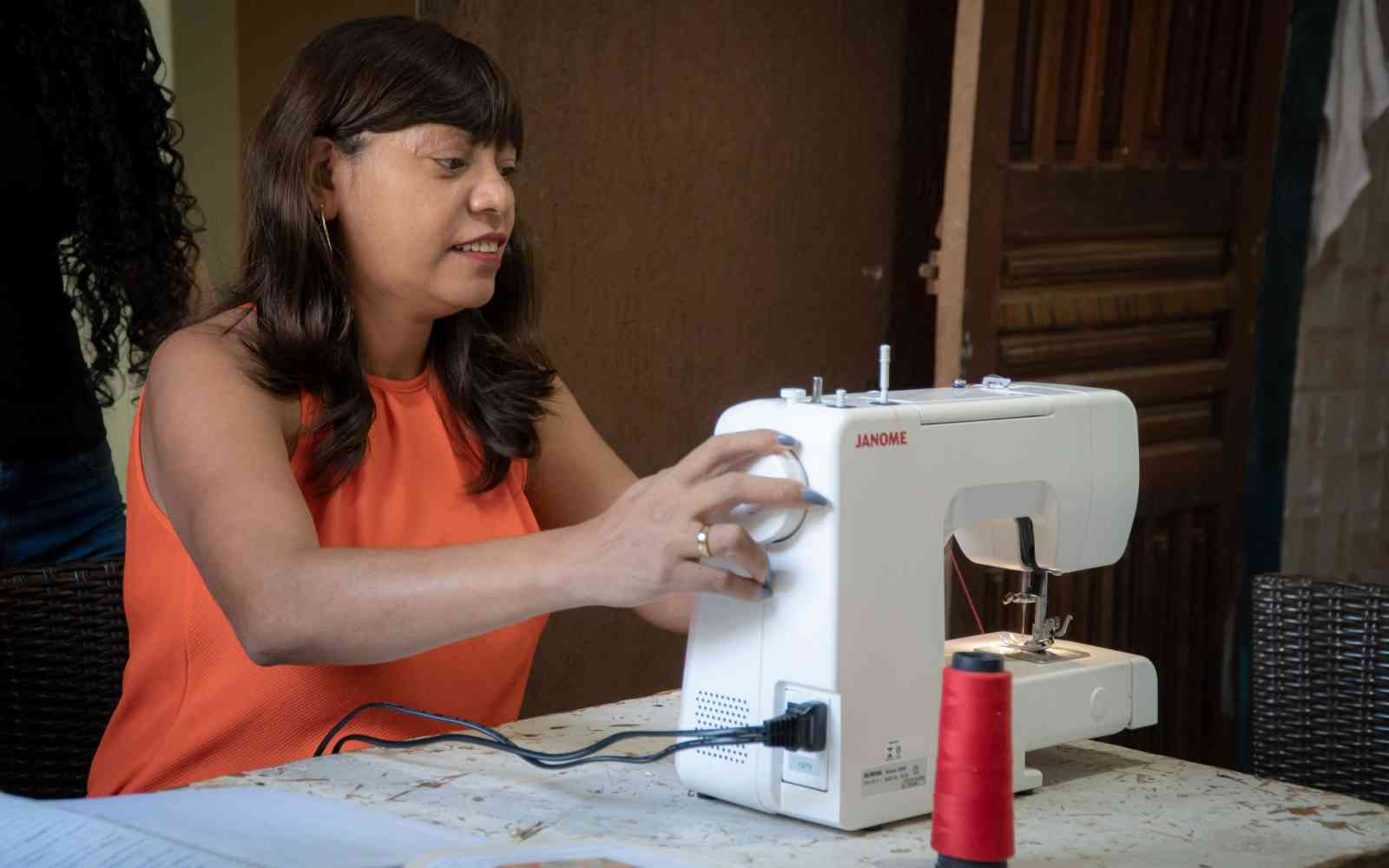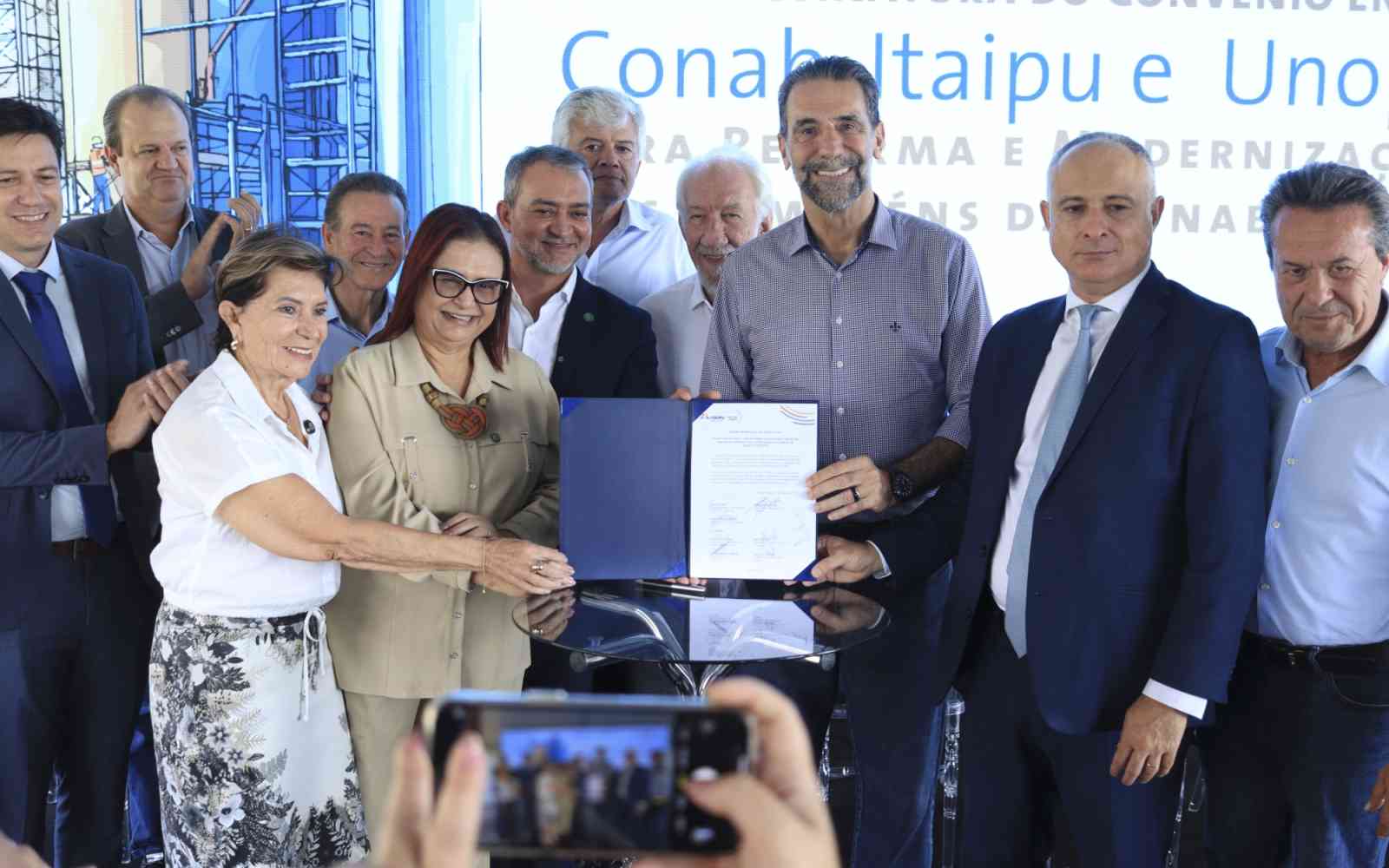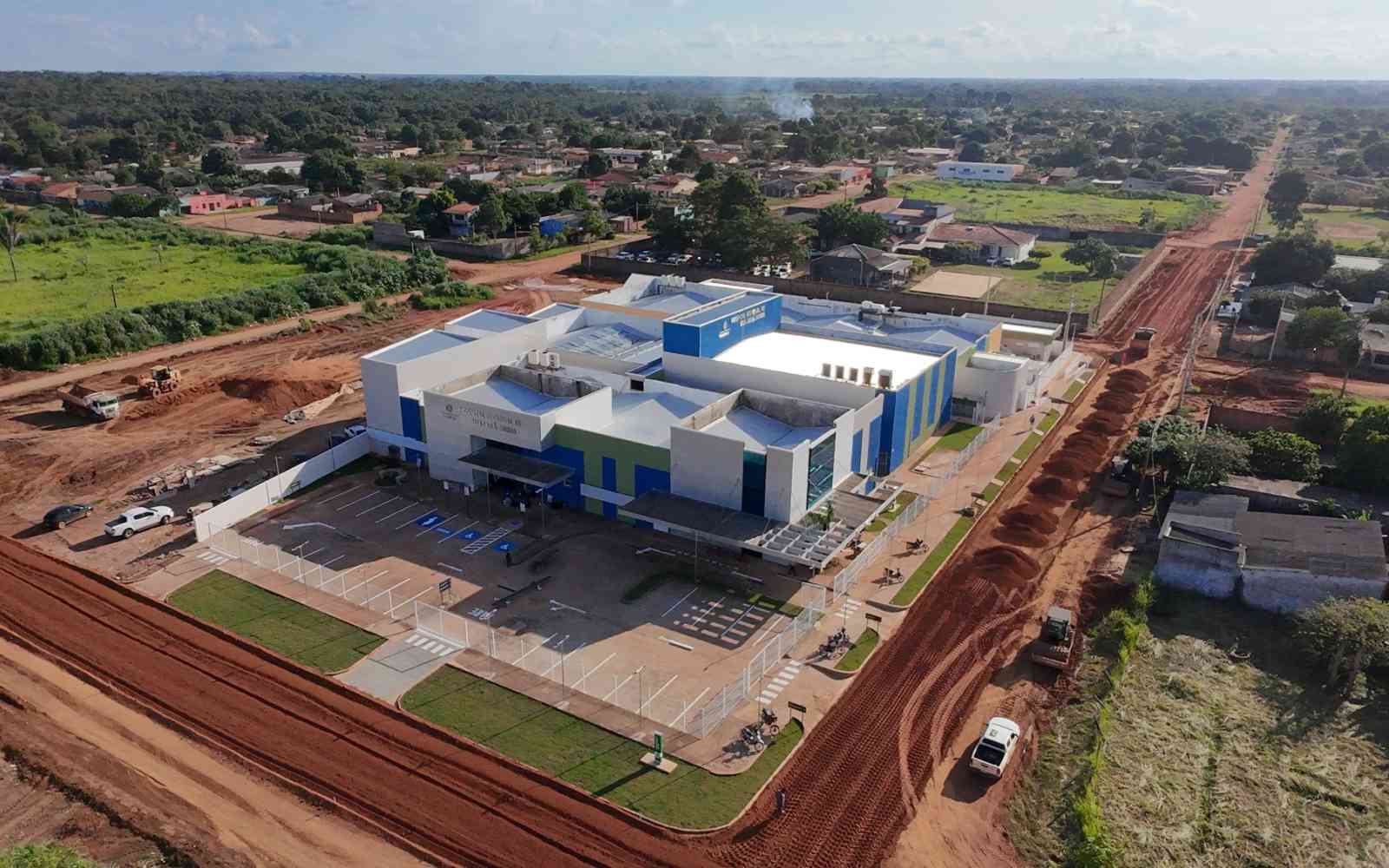The United Nations Office for Project Services (UNOPS)
Supporting recovery in northeastern Brazil
UNOPS is managing a four-year social programme to support communities impacted by the consequences of years of mining along the coastal state of Alagoas in Brazil.
In March 2018, residents of the Pinheiro neighbourhood in Maceió, a major tourist destination in northeastern Brazil, felt tremors coming from under their feet. Underground caves created by years of rock salt extraction were starting to collapse, causing the ground above the mine to sink, damaging buildings and streets across five neighbourhoods in the city.
To date, this is considered the largest ongoing urban environmental disaster in the country. It has forced the displacement of around 60,000 people and affected the livelihoods and mental health of many residents.
In response to the disaster, UNOPS is working with the Federal Public Ministry of Alagoas on a four-year recovery programme with $30 million in funding. Through community projects and grant support, the programme will address the social damages caused by the disaster and support the collective recovery of the region.
Non-material losses are often difficult to measure, but they still cause frustration and sadness among those affected by the disaster.
“This is why compensation is so important, and this will be done by engaging with the community itself,” added Dilma Carvalho.
This week, UNOPS is launching five calls for proposals under the programme to support and strengthen civil society organizations, boost income and entrepreneurship and improve mental health within the community, among other initiatives.
This is a highly impactful social initiative that will help to address some of the non-material damages caused by the soil subsidence in Maceió. Through our support for this programme, UNOPS is helping to promote livelihoods and the economic development of the region and improve the quality of life of the affected communities.
About the programme
The ‘Nosso Chão, Nossa História’ programme is funded by a public civil suit filed by the Federal Public Ministry of Alagoas that held the mining company Braskem responsible for compensating the non-material losses resulting from mining activities in Maceió.
A $30 million grant will be invested over four years through calls for proposals to be implemented by local social organizations.
The programme is managed and operated by UNOPS working with the guidelines of the Committee for Non-Material Losses, a group composed of civil society representatives.













